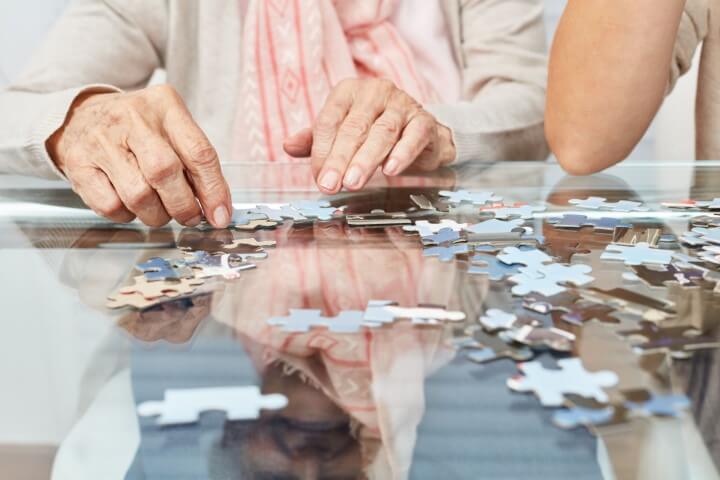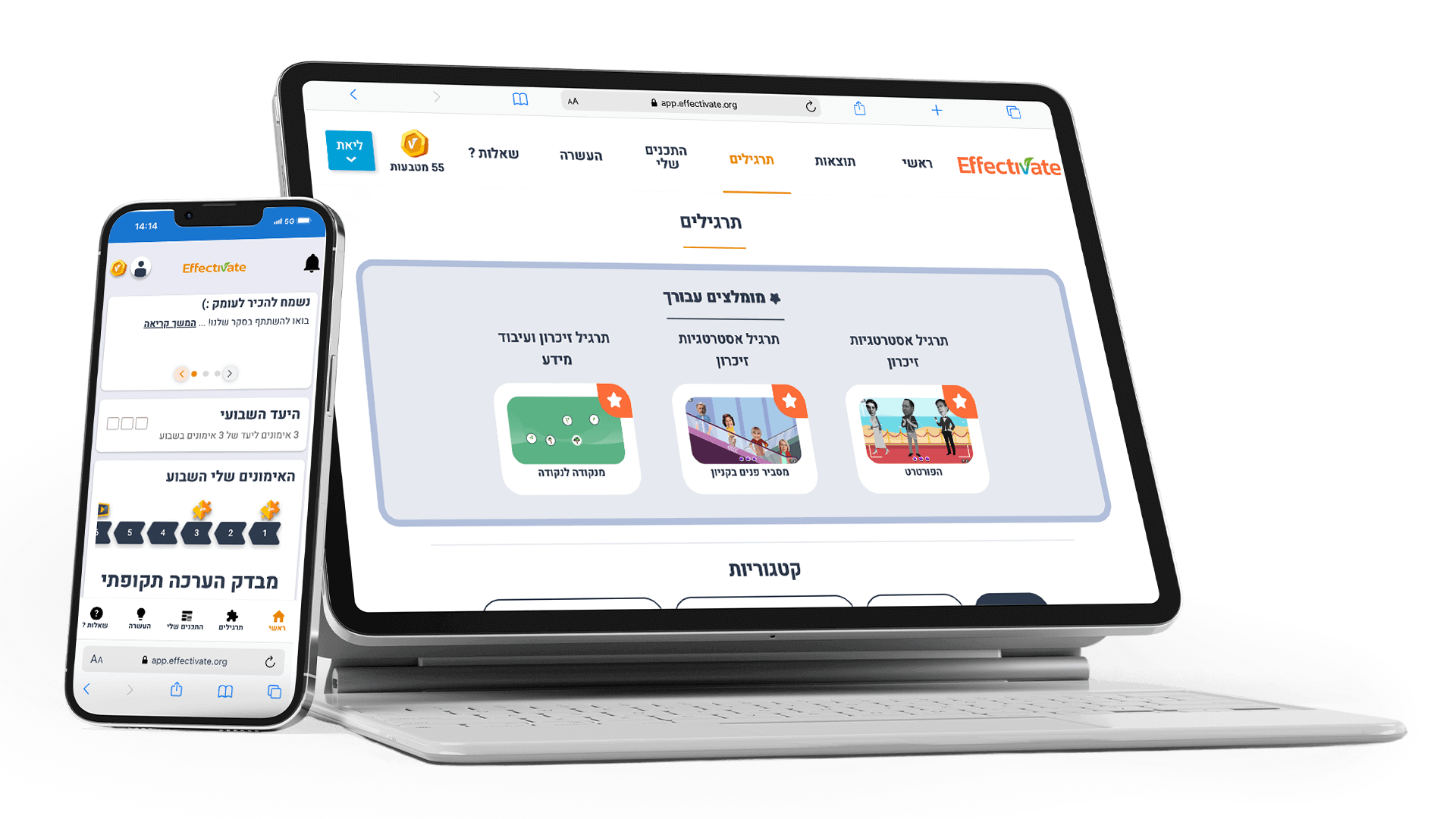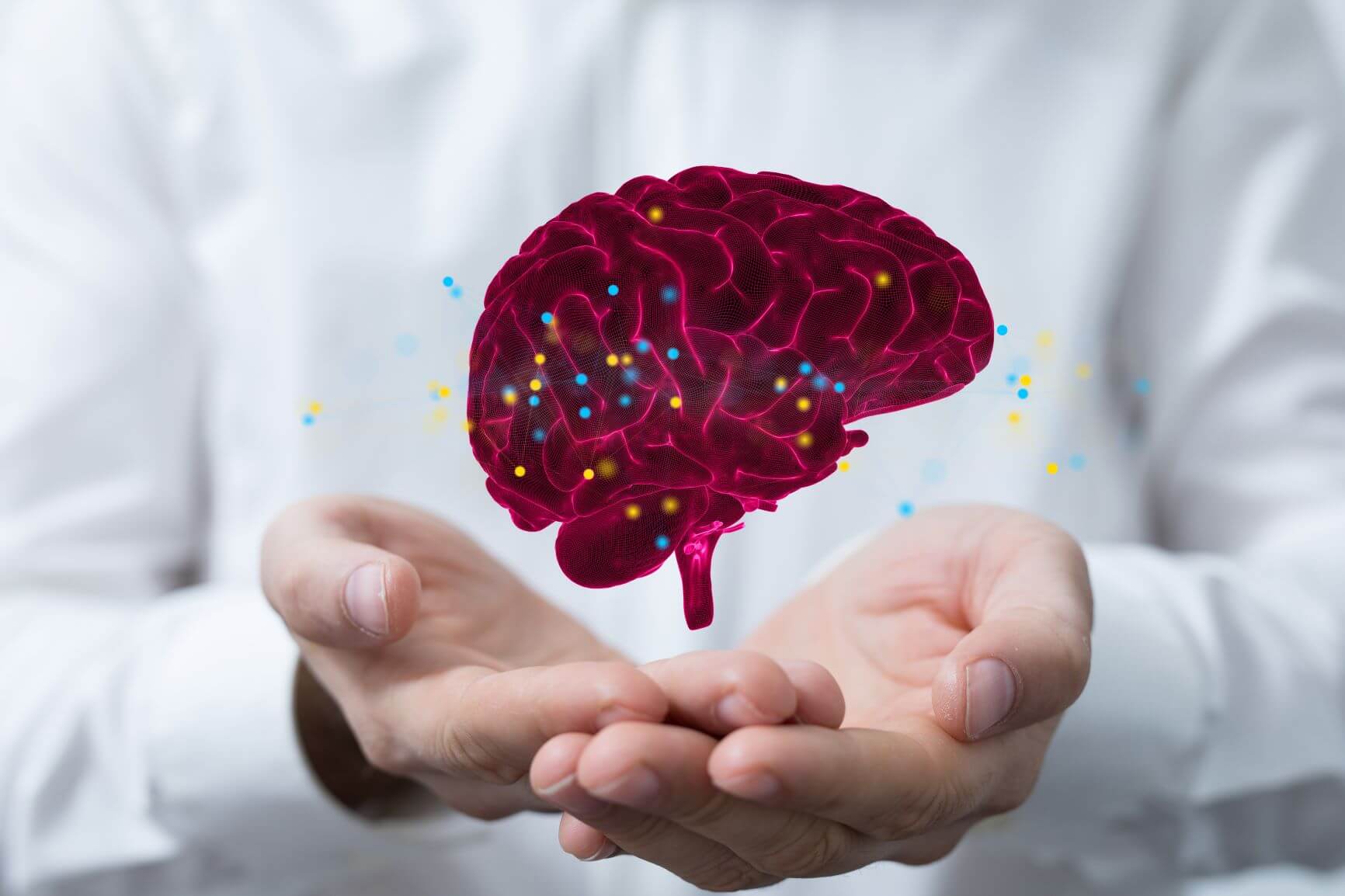The decline in brain function and memory abilities is a natural part of the aging process. However, there are things that can be done to cope with the decline. Research in the field has found that brain training and exercises are important at any age, especially in older adulthood. The researchers suggest treating the brain like any other muscle in the body that needs daily training and exercise for the sake of our health and quality of life.
Why is brain training important? Because through memory strengthening exercises, we can keep the brain sharp, efficient, and quick, and create new neural connections in areas that may have declined with age. This way, you can take responsibility for your thinking and memory skills and enhance their effectiveness and functionality despite the inevitable aging process.
In the following article, we will review recommended and enjoyable exercises that you can do alone or with others.
What are the recommended exercises for memory strengthening?
Challenge the less dominant side of your body:
Practicing with the less dominant side of our body may contribute to strengthening the connections between brain regions for information processing. So, what can you do? Try brushing your teeth with your non-dominant hand, cutting food with your weaker hand, lifting grocery bags with it, and so on.
Make changes to your routine actions by altering the order of habitual activities:
The idea is to reduce as many automatic actions as possible and increase activities that require mental effort. So, what can you do? For example, if you used to eat breakfast first and then get dressed, switch the order. If you have a regular walking route with your dog, change the route occasionally, and so on.
Find a new or different use for familiar objects:
This exercise challenges our creative thinking and enhances higher cognitive abilities such as problem-solving. So, what can you do? Look for as many uses as possible for everyday familiar objects. For example, what else can our drinking cup be used for? A pen holder, an ear amplifier for better hearing (especially when listening beyond a wall), a candle holder, a plant pot, and more.
Create art:
Creativity engages language and emotional areas in the brain. When we create, we expose the brain to associations, colors, shapes, and textures. This is an excellent brain exercise that improves communication between different brain regions, creates new connections, and practices retrieving information from memory.
To draw or write with both hands together:
When drawing or writing simultaneously with both hands, we are practicing a complex action that requires coordination, improving our ability to perform two actions at the same time, and engaging both hemispheres of the brain in a synchronized manner.
Try to remember what you need to buy without a list:
If we want to challenge our memory, it’s advisable to try going to the supermarket with a shortened list or without a list at all and try to remember as many items as possible that we wanted to buy.
Practice yoga or meditation:
Yoga and meditation have positive effects on mood and reduce stress. Additionally, these practices contribute to sleep quality, indirectly sharpen memory, and improve brain health.
Minimize the use of navigation apps:
Using navigation apps can make us rely less on our navigation and orientation skills, affecting our independence. Instead of relying on an app and allowing our brain to become lazy, try navigating the way on your own and practice spatial memory and orientation. Research conducted on London taxi drivers found that those who relied on spatial memory and created a mental map had an enlarged area in the brain responsible for spatial memory. The conclusion is simple: don’t let your brain become lazy. Instead, rely more on your own memory.
Practice concentration and memory exercises with specialized software:
There are various software programs that can be used on computers, tablets, or mobile phones that train concentration and memory games for adults. The company “Effectivate” has developed unique software in collaboration with experts in neuropsychology and brain research specifically designed to train concentration and memory in older adults. With the help of the software, you can learn practical techniques and tools to strengthen and preserve memory. The software is specially tailored for people aged 55 and above who want to improve their cognitive skills and maintain optimal brain health. The recommendation from Effectivate is to train with the memory training software at least three times a week for about 15 minutes each time, at a convenient time and place for each individual.










